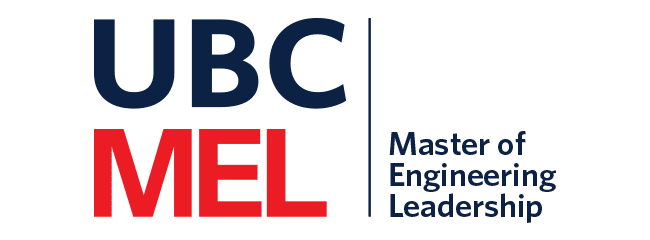The Power of a Hybrid Work Model

The pandemic has highlighted many advantages of remote work, accelerating a work-from-home culture that many career experts said was already starting to happen. Yet although many employees have enthusiastically embraced working from home, there are some distinct advantages to working in a shared space with colleagues.
A recent survey by PwC Canada that asked Canadian employers about remote working revealed that 65% of employers believe the office environment is necessary to maintain team morale and increase collaboration and relationship building. Survey participants felt that an in-person office environment is particularly important for new employees, who have yet to learn the corporate culture or establish meaningful relationships with colleagues.
These findings point to the emergence of a hybrid workplace where, for example, employees work from home two to three days a week and rotate in and out of offices configured for shared spaces.
Support for a hybrid workplace
Research conducted by Advanis, a market and social research firm, found 77% of managers and employees surveyed are highly interested in making hybrid arrangements permanent. Diving a bit deeper into the data, the survey found that the ability to work from home is a priority for employees when looking for their next role – something employers will want to keep in mind when recruiting talent.
Advantages of a hybrid workplace
Implementing a permanent hybrid model does have its advantages. According to Peninsula, an HR outsourcing and consulting company, these benefits include:
- Boosting staff productivity. When employees are freed from the hassle of their daily commutes, they are better able to focus on their work.
- Increased employee retention. Employers that offer a hybrid option will have the edge over their competitors when recruiting and retaining employees.
- Supporting staff with special circumstances. A hybrid option enables employers to better accommodate staff with family responsibilities or unique needs.
- Lower overhead costs. A smaller required workspace translates into a lower rent cost.
- Meaningful collaboration still occurs. Office-based work and face-to-face interaction that comes along with working in the office can contribute to greater idea generation and socialization amongst team members.
Finding your next great engineering leader
Making a hybrid model work requires strong leaders with exceptional communication and interpersonal skills who are able to create a positive team culture and an environment that fosters collaboration and innovation regardless of where team members are located.
Graduates of the UBC Master of Engineering Leadership (MEL) have these skills in abundance. With an average of five to eight years of professional engineering experience, these strategic problem solvers are ready to help deliver the change that you want to see in your operations.
In addition, their online learning environment – with its emphasis on collaborative group work – has equipped them with the skill sets to be effective leaders and communicators in any flexible or work from home environment.
Contact us by emailing to hire.mhlp@ubc.ca or hire.mel@ubc.ca, to learn how you can access our MEL Alumni Network or MHLP Alumni Network to find your next hire.
Connect with our Students
Our employer engagement opportunities are a great way for you to connect with the talent you need.
Learn MoreStay informed
Subscribe to receive information about our employer programs and upcoming employer events.
SubscribeSuccess Stories
Find about how our graduates are managing interdisciplinary teams, overseeing complex projects and leading change.
Read More